
European food and drink manufacturers, including bakeries, are set to prioritise clean label ingredients, according to research by supplier Ingredion.
Findings from Ingredion’s proprietary study, which was named ‘Atlas’ and conducted in partnership with Clear Seas Research over several years, found that 99% of European manufacturers now see clean label products as essential to their business strategy – with 87% already incorporating the movement into their offerings.
In addition, clean label is predicted to account for over 70% of the total portfolio of companies that currently produce clean label goods within the next two years, well up from the 52% in 2021.
Growing consumer preference for transparency and simplicity in ingredients is supporting this rise, with clean label touted as one of the top trends for bakery in 2024. Notably, clean label can mean different things to different people, but often incorporates the use of store cupboard ingredients and can extend to where they are sourced from and whether they are certified as sustainable.
Constantin Drapatz, senior marketing manager – clean & simple food ingredients at Ingredion, revealed that more than half of businesses polled reported increased revenue and margins without raising prices after adopting clean label strategies. Drapatz also highlighted that Ingredion had not been named when conducting surveys but had seen its customers re-confirm insights to provide confidence in the results.
“It’s evident that clean label and nutrition profile are not just consumer preferences but are driving business growth,” he said. “The industry’s increasing move towards sugar reduction, especially through low-calorie natural-origin sweeteners, aligns with the health-conscious consumer base and fosters innovation in product development.
“This shift meets the demand for healthier options and also marks a broader trend towards health and wellness, highlighting the critical role of ingredient selection in future food and beverage offerings,” Drapatz added.
Clean label strategies were also linked to higher product quality, a more positive brand reputation, and attractiveness to new customers.
“By focusing on ingredients that are recognisable and part of a short ingredients list, manufacturers can tap into a growing market segment that values both transparency and quality,” said Drapatz.
“This approach responds directly to the consumer desire for cleaner labels and presents an opportunity for brands to differentiate themselves in a competitive market — and shows how manufacturers are actively contributing to a healthier food ecosystem.”




















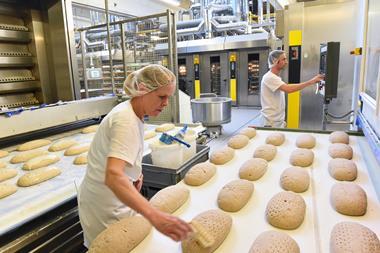
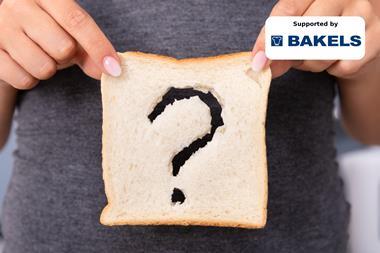
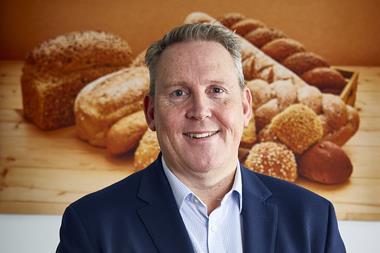
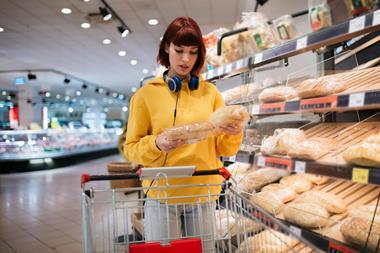



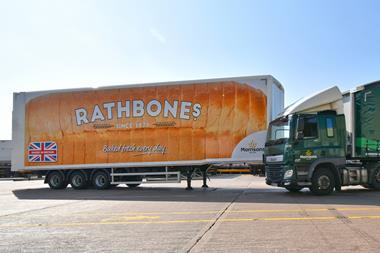

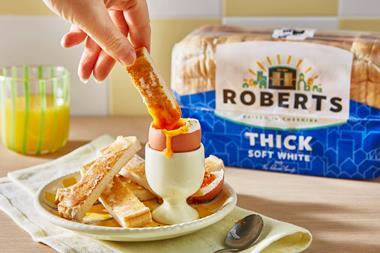


No comments yet